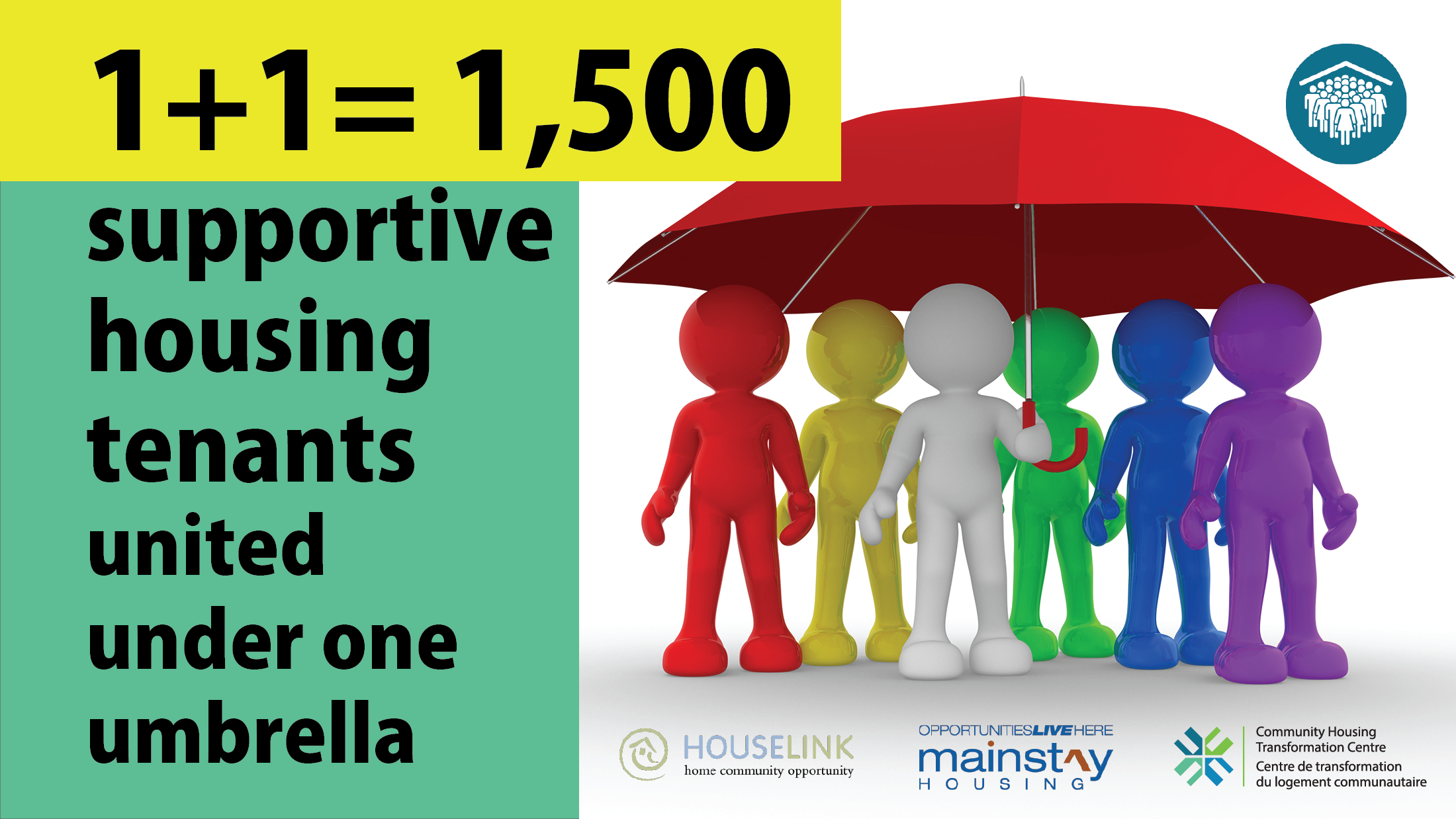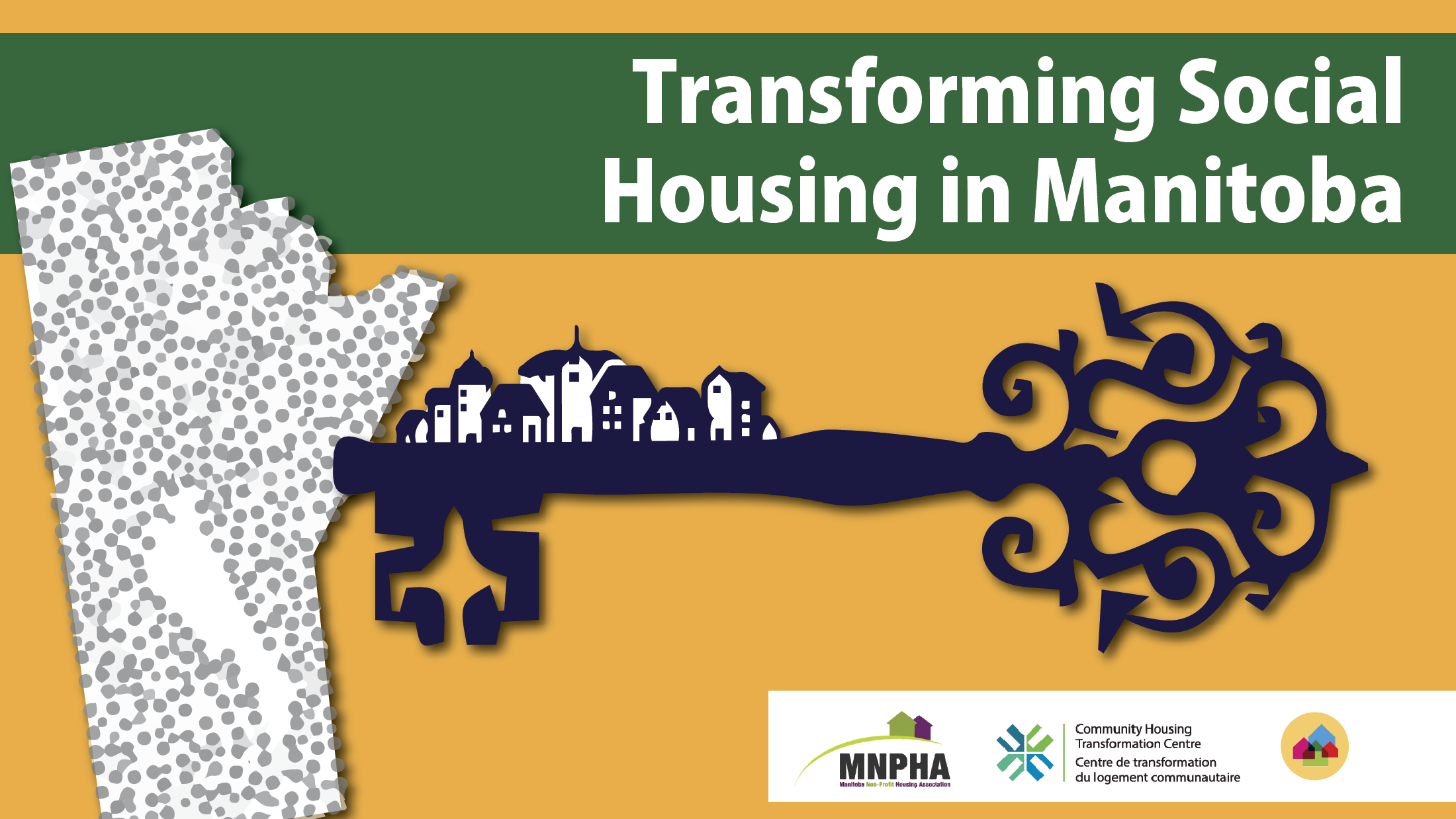Resilience and Innovative Practices
The main strength of community-based housing is that it is owned and managed by the community itself, helping to strengthen the social safety net.
We want the sector to continue to innovate to better adapt to future challenges, including financialization, gentrification of urban centres, a rapidly aging population, shrinking household sizes, new government policies and emerging environmental demands. Each time the economy, the legal framework, demographic changes and the social context evolve, community housing must adjust, reinvent itself and find appropriate solutions.
We must therefore strive to mobilize the collective expertise of our members, tenants, staff, partners and allies to bring about greater creativity and knowledge sharing.
That’s why we are building sector resilience by implementing innovative practices that make it easier for community housing providers of all shapes and sizes to sustain, grow and improve their services. In this way, the knowledge developed through our resources contributes to the collective intelligence of the sector.
We are therefore committed to:
- Improving the quality of management and governance within the sector
- Engaging community housing providers in leveraging the financial and social outcomes of their operations
- Supporting providers in deploying transformative business and management models


Special Projects
- Plancher
- Indigenous Internship Program
-
Black Community Housing Resource Centre

Grants
- Local Projects
- Sectoral Projects
- Nunalingni Piruqpaalirut Fund
- Nova Scotia’s Community Housing Growth Fund

Resource Inventory
Access a list of resources selected by the Centre’s team to meet your organizational needs based on your areas of interest and location. Included are the following:
- Guides, reports and tools
- Activities and training
- Financing opportunities
News on resilience and innovative practices
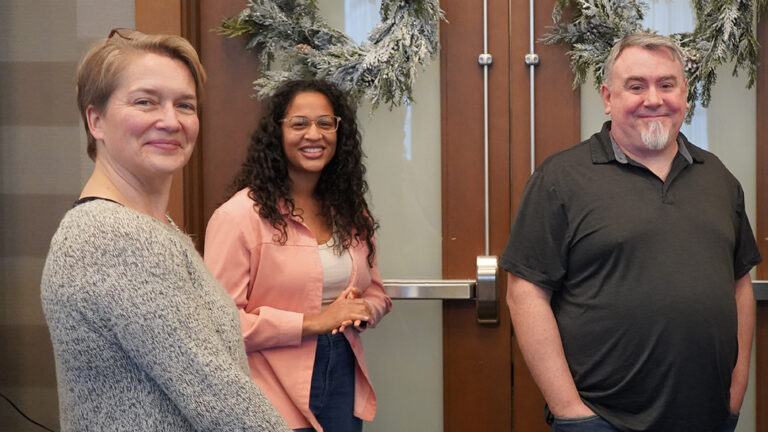
Meet the Centre’s program managers, a dedicated team driving impact across Canada (part 2)
From coast to coast to coast, the Centre’s program managers are at the heart of our work, supporting community housing initiatives through funding, partnerships, and strategic guidance. With diverse expertise […]
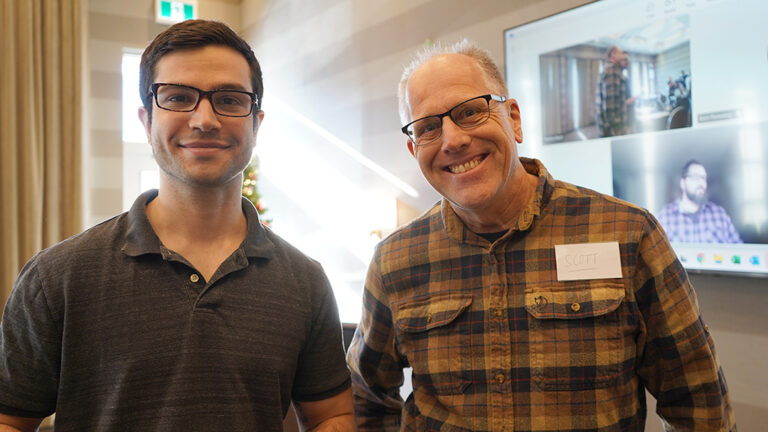
Meet the Centre’s program managers, a dedicated team driving impact across Canada
From coast to coast to coast, the Centre’s program managers are at the heart of our work, supporting community housing initiatives through funding, partnerships, and strategic guidance. With diverse expertise […]
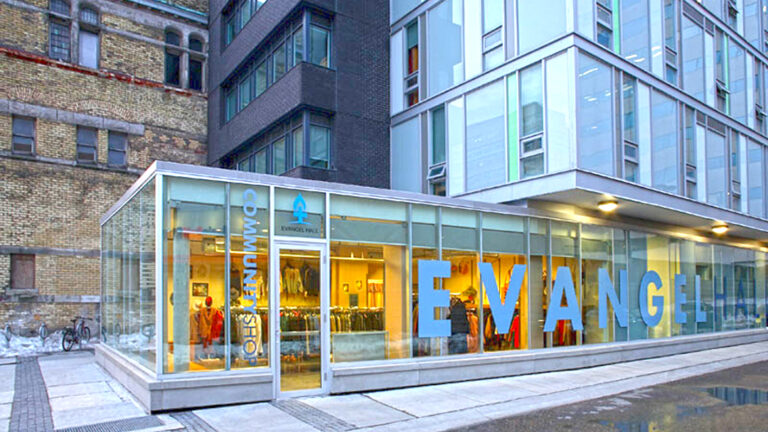
From shelter to housing: Evangel Hall Mission’s vision
For over a century, Evangel Hall Mission (EHM) has been a beacon of hope and support for Toronto’s most vulnerable residents. Rooted in a commitment to social justice, EHM has […]


